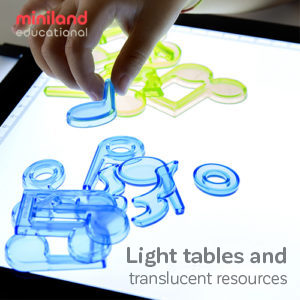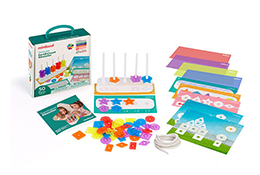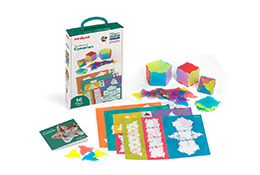Many people are often confused about what SEL means. Is it a certification? A computer software? Do you need a license to practice it?
The answer is no to all of the above! SEL is an abbreviation for: Social and Emotional Learning.
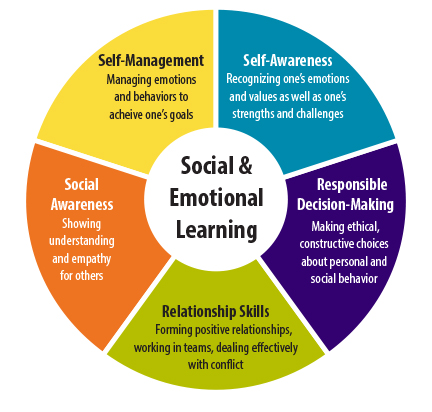
Social and emotional learning (SEL) is the process through which children and adults acquire and effectively apply the knowledge, attitudes and skills necessary to understand and manage emotions, sets and achieve positive goals, feel and show empathy for others, establish and maintain positive relationships, and make responsible decisions.
You may already be doing many of the things that make up SEL without even knowing it!
According to the Committee for Children, “extensive research shows a correlation between the skills taught in SEL programs and academic achievement, positive behavior, and healthier life choices”:
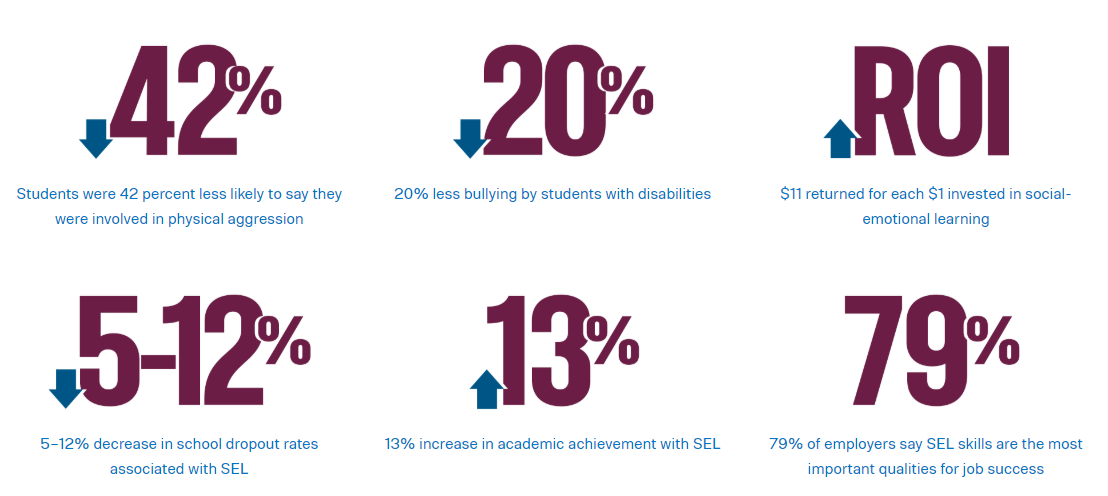
For children in pre-school to first grade, we have found that a play-based approach to SEL not only achieves the desired goals but also helps support your existing core curriculum of reading and writing, a task we understand is at the forefront of your responsibilities with your students every single day.
Play: An Important Part of Emotional Development:
There are many ways you can incorporate SEL in the classroom:
· Practice communication skills as they negotiate roles, try to join on-going play, and appreciate other’s feelings.
· Respond to other children’s feelings as they wait for turns with toys.
· Take on new roles and practice perspective taking.
· Experience other people’s points of view and work through conflict.
Here are 5 toy ideas that encourage an SEL play-based experience:
1. Dolls:
Dolls are a fantastic tool to allow children to navigate their emotions and relationships with themselves and others in a safe way. Products like Miniland’s Fastening Dolls allow children to engage in empathetic conversations with their peers, imitate roles they see themselves in one day (playing Doctor with the doll, dressing the doll up like a police man or woman), and allowing the dolls to reflect how they look and how their friends look. Miniland’s dolls come in various skin tones and ethnicities to help support diversity and representation.
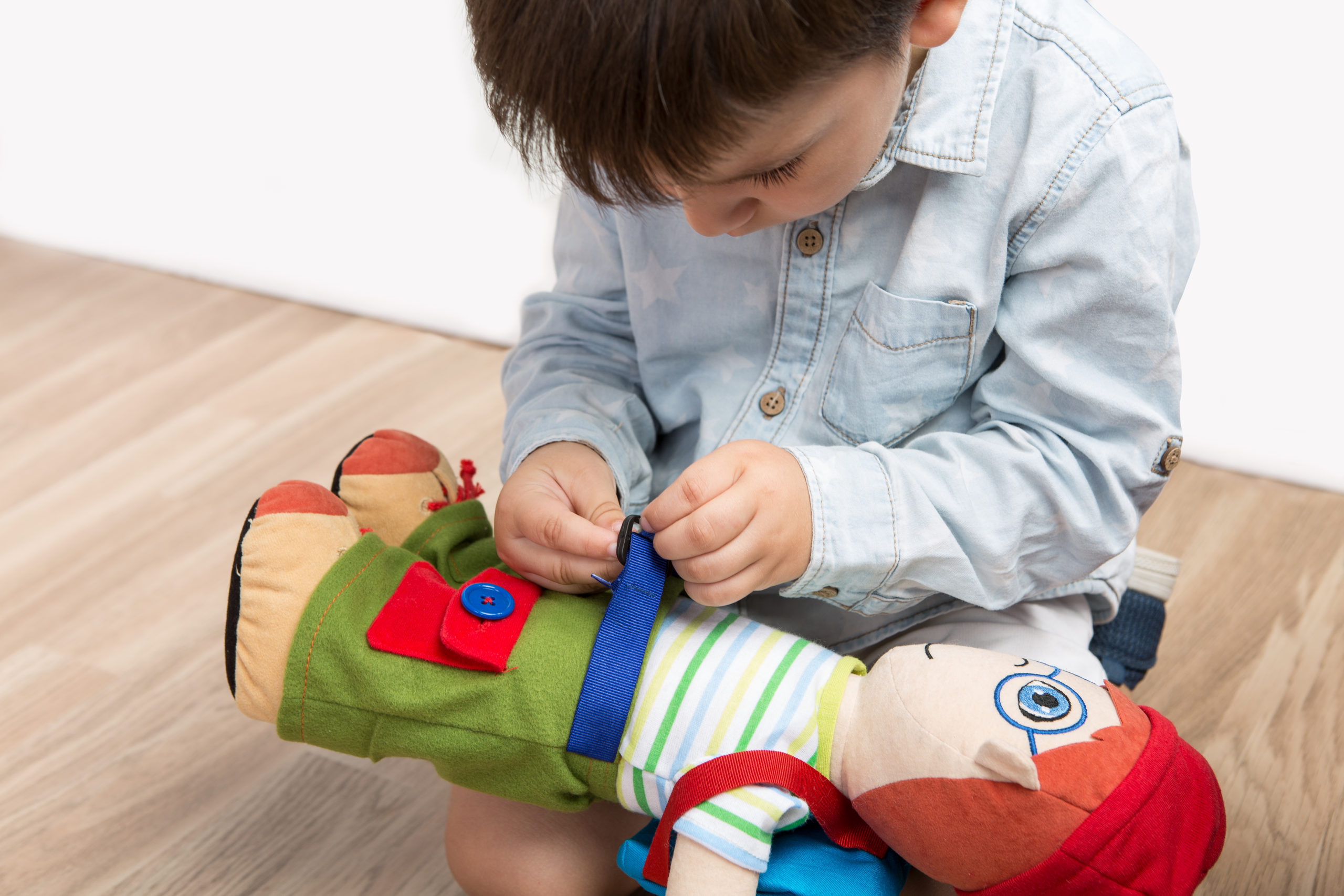
2. Emotions and Diversity Toys:
Toys and games that entertain children as they learn about acceptance and kindness are key to support your SEL initiatives. For example, Miniland’s Emotiblocks and Family Diversity blocks are great building toys and games that encourage students to discuss how they’re feeling and accept the unique families around them. Now children can feel accepted and secure as they build up what their family looks like. Not everyone looks and feels the same way, so simple toys like these are great tools to help students at this young age understand what makes them different and that it’s ok. They also encourage empathy by discussing how another student may be feeling and what they can do to help.
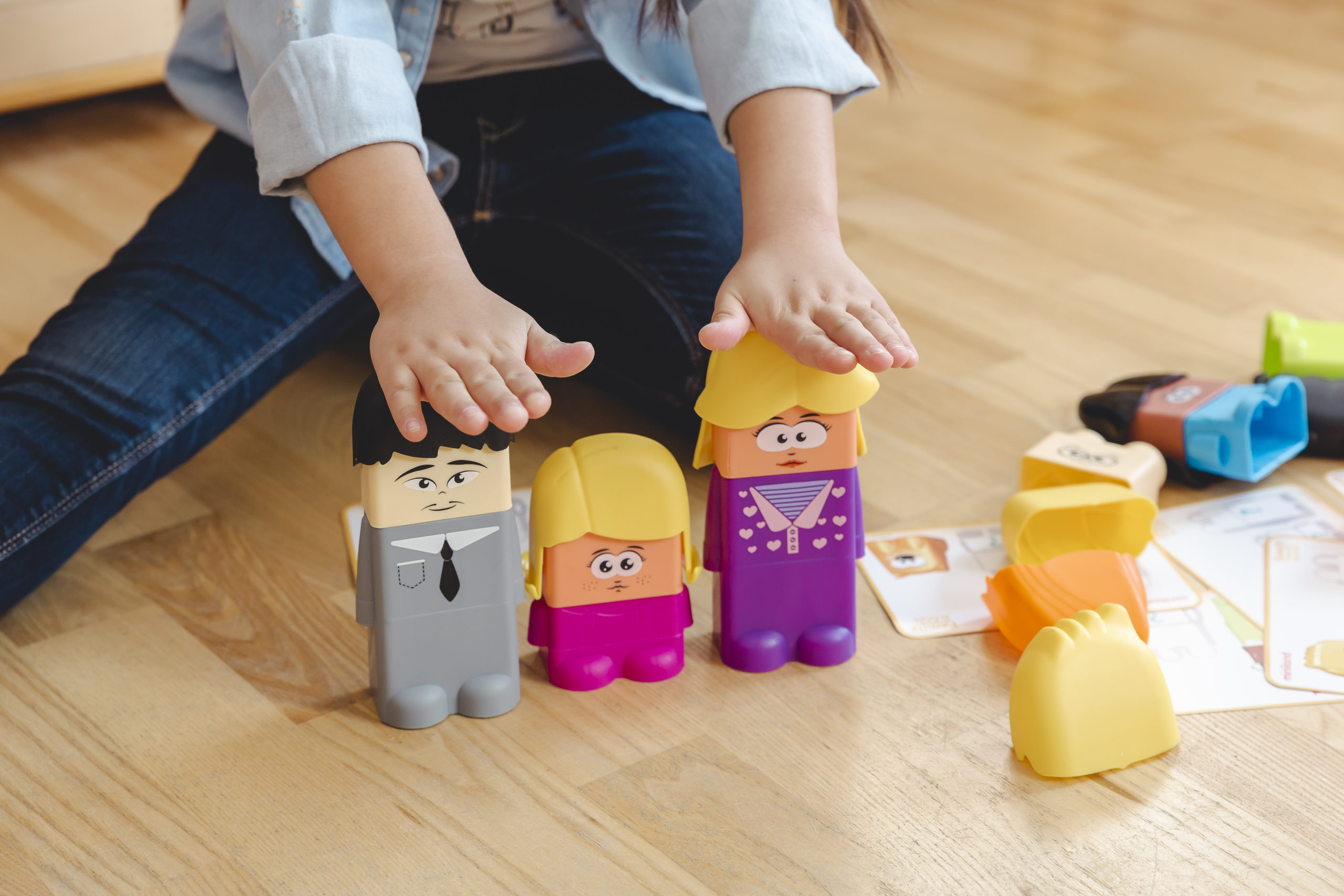
3. Games
What’s better than playing detective? A game where you can ACTUALLY discover the answers to emotions! Emotions Detective allows children to navigate every day conflicts. A card can show a situation, for example a parent and a child are interacting and the child gets in trouble. The student then has to guess what emotion the child in the situation may be feeling. Teachers can then call out to students and ask them “when did you ever feel the way the child on the card feels?” It creates an opportunity for dialogue and conflict resolution in a playful way.
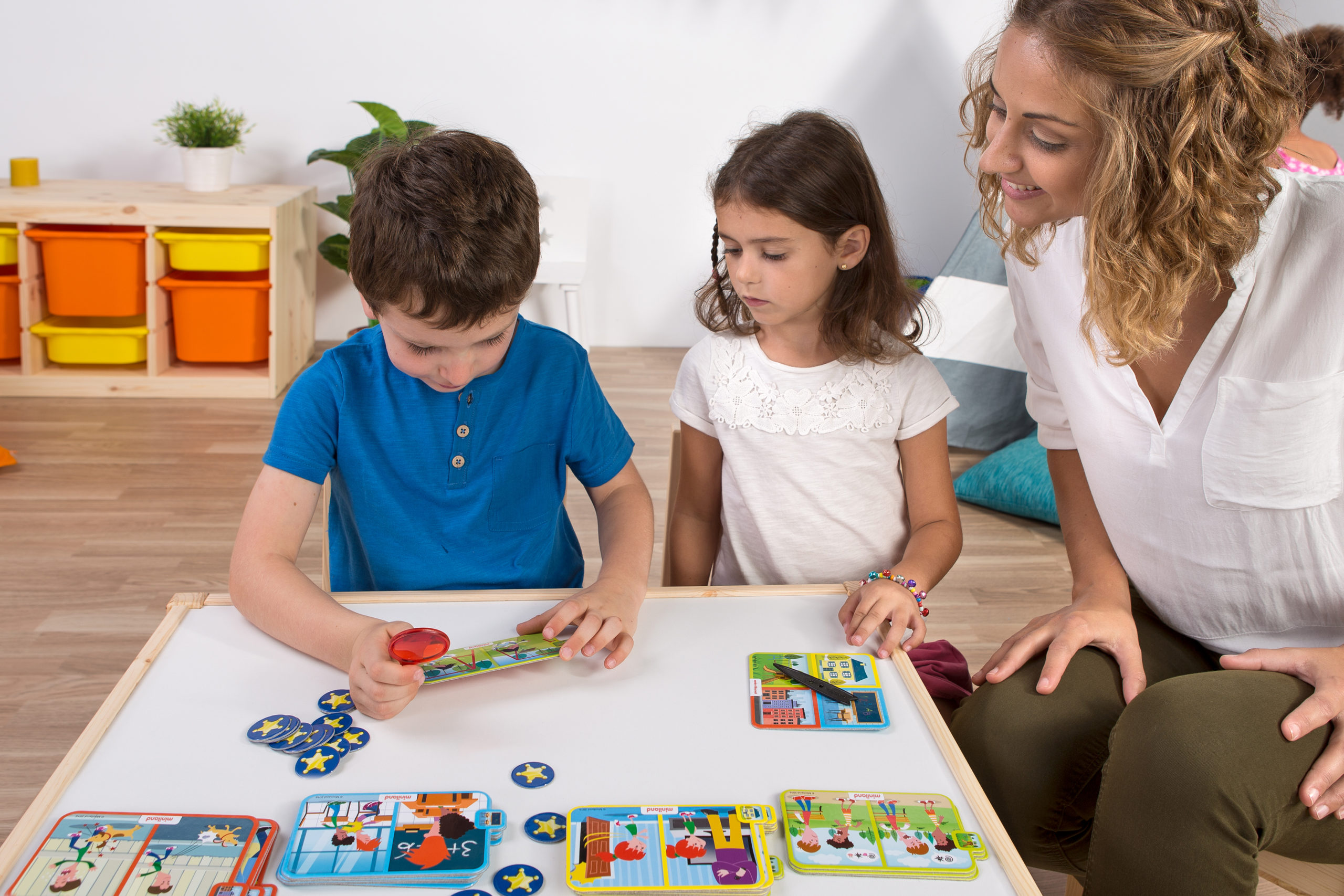
A student’s emotions and personal relationships with families and peers as they develop mentally, emotionally and physically are such a critical part of the educational process as a whole. By inputting these simple toys and games into your curriculum, you will find students can better manage their emotions along with their empathy and understanding in the classroom as other children navigate their fears and stresses, leading to a more successful educational experience overall as they focus on their core curriculum.
